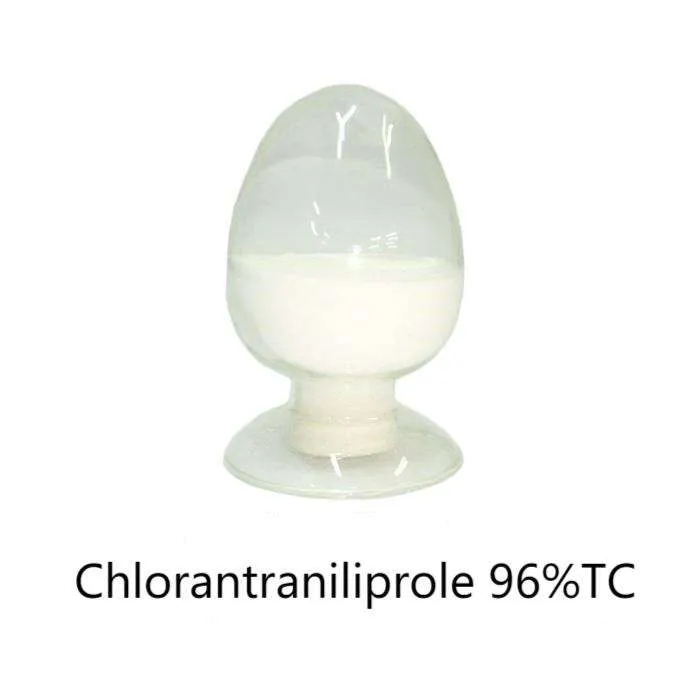


Is Bug Killer Pet Friendly for Your Home Safety and Health?
Is Bug Killer Safe for Pets? Understanding the Risks and Precautions
As pet owners, our furry friends hold a special place in our hearts. We want to ensure their safety, especially when it comes to using products around our homes. One commonly encountered concern is the use of bug killers. While these products are essential for keeping pests at bay, it's crucial to understand if they are safe for our pets. This article aims to delve into the safety aspects of bug killers and offer guidance on how to protect our beloved animals.
Understanding Bug Killers
Bug killers or insecticides are designed to eliminate pests such as ants, roaches, mosquitoes, and more. These products can come in various forms including sprays, granules, and foggers. While they serve an important function in pest management, many contain chemicals that may be harmful to pets if ingested or inhaled. The level of toxicity can vary widely depending on the active ingredients. Therefore, pet owners must be vigilant in understanding what types of bug killers they are using.
Types of Bug Killers and Their Ingredients
There are two primary categories of bug killers synthetic and organic.
1. Synthetic Insecticides These products often contain potent chemicals such as pyrethroids and organophosphates. While effective, these substances can pose serious health risks to pets. For instance, pyrethroids are known to cause symptoms ranging from drooling and vomiting to severe neurological issues if ingested by cats or dogs.
2. Organic Insecticides Many pet owners are turning to organic options, which tend to use natural ingredients like diatomaceous earth or essential oils. While these are generally safer than their synthetic counterparts, they can still cause irritations or allergic reactions in some animals. For example, essential oils can be toxic to cats, as their livers cannot metabolize certain compounds effectively.
Safety Precautions for Pet Owners
bug killer safe for pets

To ensure the safety of our pets while using bug killers, here are some essential precautions to consider
- Read Labels Carefully Always examine the product labels for any mention of pets or animal safety. Look for warnings and safety instructions specific to household pets.
- Choose Pet-Safe Products Opt for insecticides labeled as pet-friendly or those made from natural ingredients. Brands increasingly offer safer alternatives that are effective yet less harmful.
- Limit Exposure If you must use a bug killer, remove your pets from the area during application. Follow the manufacturer's recommendations for re-entry times. Ventilating the space can also help mitigate any lingering chemicals.
- Store Safely Always keep bug killers locked away in cabinets or areas inaccessible to pets. Curious animals, especially dogs, may try to investigate or consume these potentially harmful substances.
- Monitor for Symptoms After using any bug killer, watch your pets for signs of adverse reactions, such as lethargy, vomiting, or unusual behavior. If you notice anything concerning, consult your veterinarian immediately.
Conclusion
While bug killers are often necessary for maintaining a pest-free environment, they pose potential risks to our pets. Being informed about the types of insecticides available and their potential effects on animals is crucial for responsible pet ownership. By taking the right precautions—reading labels diligently, choosing safer products, and ensuring proper application methods—we can protect our pets from harm while effectively managing unwanted insects in our homes. Ultimately, prioritizing our pets’ safety will lead to a healthier living environment for both them and us. Remember, a little awareness goes a long way in keeping our furry companions safe and sound.
-
Uncover the Benefits of Sodium ChlorateNewsJun.24,2025
-
Sodium for Sale: Your Essential ResourceNewsJun.24,2025
-
Raw Materials in Chemical IndustryNewsJun.24,2025
-
Potassium Hydroxide: Versatile Solutions for Your NeedsNewsJun.24,2025
-
Organic Pesticides and Chemical Raw Materials: Building a Sustainable FutureNewsJun.24,2025
-
Discover Premium Chlorine Tablets TodayNewsJun.24,2025
-
Zinc for Sale: Your Essential ResourceNewsJun.04,2025


















